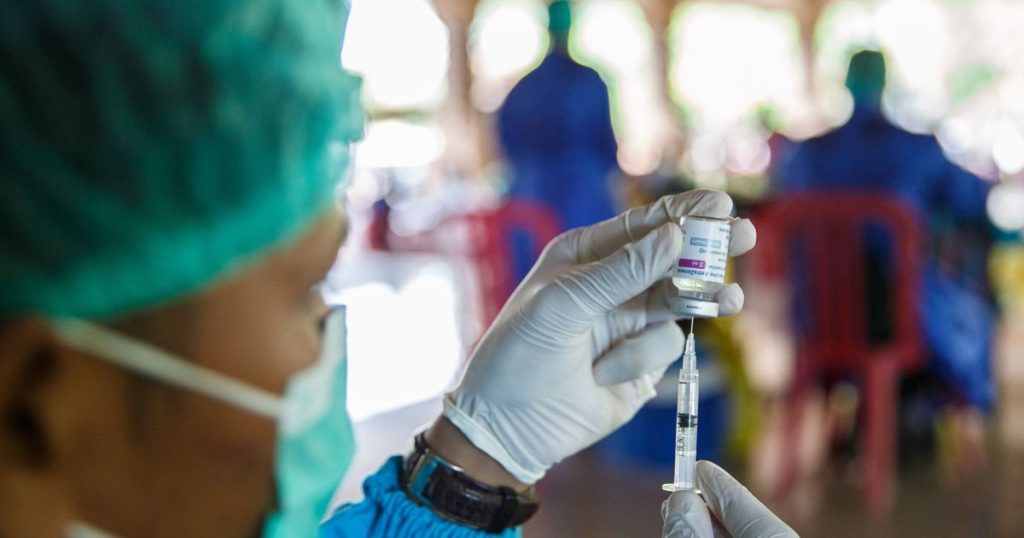Second delay. COVID vaccine dose reduces deaths by up to 20% – El Financiero

Postponing the second dose of Covid-19 vaccines So that more people can have the first It can reduce deaths by up to a fifth, Suggests new research, which states that countries may want to consider following the UK to delay a second vaccination in an effort to save lives.
Initially, scientists developed vaccines (Moderna, Pfizer-BioNTech, and Oxford-AstraZeneca) Therefore it is recommended that the second injection be given within three to four weeks after the first dose.
However, The United Kingdom decided to choose a 12-week period between the two doses To make sure more people get at least the first injection. By studying the same model, the researchers report that immunological evidence shows greater protection than the first dose.
The English government model also showed that there were relatively fewer COVID infections in people given the first dose of AstraZeneca and Pfizer vaccines. Likewise, Pfizer and Moderna provide approximately 80% protection after the first dose.
The model is made Scientists from Mayo Clinic in Rochester, The United States shows that delaying the second dose so that more people can receive the first dose can reduce deaths by up to a fifth, according to A study published in the journal British Medical Journal (BMJ).
One example showed that if the first dose provided 80 percent protection from COVID, deaths decreased to 207 per 100,000 people if the second dose was delayed. This compared to 233 deaths if people received their second dose within the usual time frame.
“Delaying the second dose while giving priority to those under the age of 65 could lead to lower mortality rates compared to the double dose strategy,” the researchers said in the study.
Experts, including those from the Harvard School of Public Health in Boston and the Massachusetts Institute of Technology (MIT), estimate that the strategy could prevent between 47 and 26 deaths per 100,000 people overall.
The effect was particularly strong for the group of subjects under the age of 65, as the second-dose late-dose strategy worked well in all vaccination rates tested.
The study authors said: “The results indicate that, under certain circumstances, a reduction in cumulative deaths, infections and hospitalizations can be achieved when the second dose of the vaccine is delayed.”
“Delaying the second dose while giving priority to those under the age of 65 could lead to lower mortality rates compared to the standard two-dose strategy, even with vaccination rates of up to 1% of the population per day,” they added.

“Travel enthusiast. Alcohol lover. Friendly entrepreneur. Coffeeaholic. Award-winning writer.”




